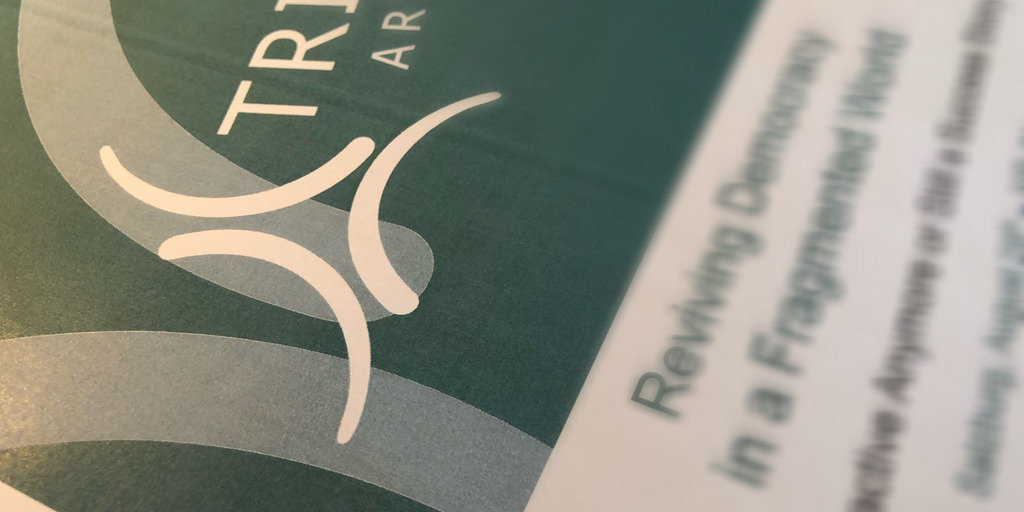Developments within saturated as well as young democracies and the competition from nations modelling autocratic Systems have put pressure on the liberal Western democratic model. At the same time or even as a consequence of these developments we see an increasing alienation of citizens with democratic institutions, be it on a national level or a supranational level (e. g. European Union).
The rise of populism from left and right in Europe and the U.S. has shown that today’s threats to democracy take place within the very institutions of democracy – via elections, via changes to the constitution and/or via the party system. Those populist politicians share contempt for elites, for institutions, depicting checks and balances as suppression of the popular will.
Meanwhile, the structure of global power has been changing, mainly due to the rise of China towards superpower status. China’s success triggered admiration not only for its economic success story but also for its “China model”. The Chinese Communist Party has broken the democratic world’s monopoly on economic progress. The Chinese elite argues that their model is more efficient than democracy and less susceptible to gridlock.
A further component are recent efforts by citizens to spread the democratic model in regions such as the Middle East. However, ensuing elections frequently were not won by liberal activists but rather radical parties. In other cases the army stepped in and took over. This has demonstrated that building the institutions to sustain democracy needs at least as hard and enduring work as overthrowing authoritarian regimes.
Therefore, this year’s Trilogue seeks to promote a discussion as to how politics, business and arts define the essence of democracy as well as its short-comings. It will also be worthwhile to have a closer look at underlying questions of power (distribution), participation and decision making within democratic and autocratic governments. Thus, the following questions are up for debate:
What are the minimum standards that we consider indispensable of a democratic republic?
Which deficiencies of the democratic model have led to questioning the model as a whole?
How do democracies perform in economic terms compared to nations with autocratic governments in the middle and long-term view?
Is there a generation gap as to how the democratic model is perceived and lived?



